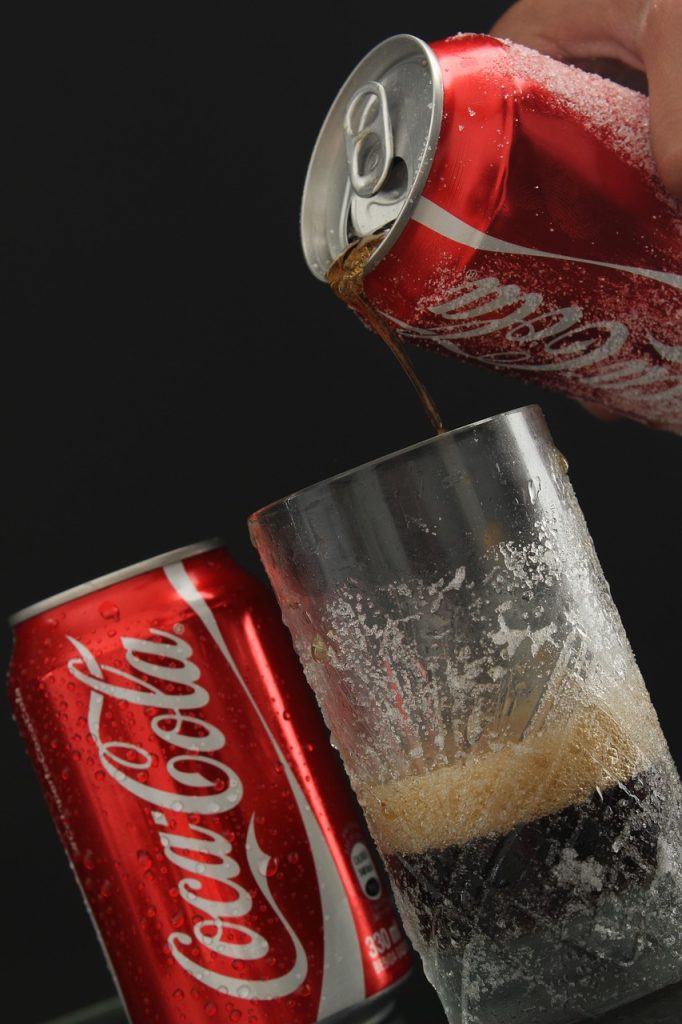In a curious blend of politics and pop culture, Donald Trump has claimed to bring back “real cane sugar” to Coca-Cola’s iconic U.S. beverage. While his assertion has not been confirmed by the company, the thought of returning to a more traditional sweetener evokes a sense of nostalgia and authenticity as reported by Google Trends. The allure of “Mexican Coke,” known for its use of cane sugar, signifies a longing for the purity and simplicity of times past.
This potential shift taps into a broader trend where consumers seek out products perceived as more natural or traditional. Whether it’s the delightful taste difference or the romanticized notion of a bygone era, the charm of cane sugar has captured the imagination of many. It raises an interesting conversation about how much of our food choices are influenced by nostalgia, and whether this change would indeed satisfy the craving for authenticity.
If Coca-Cola were to embrace this change, it could redefine the brand’s relationship with American consumers, possibly altering the landscape of the soft drink industry. But the question remains—how much does the sugar source really matter to the modern drinker? This potential move challenges us to ponder the importance of tradition versus progress in our everyday food experiences. Would a return to cane sugar truly resonate with today’s taste buds, or is it simply a sweet story to tell?


